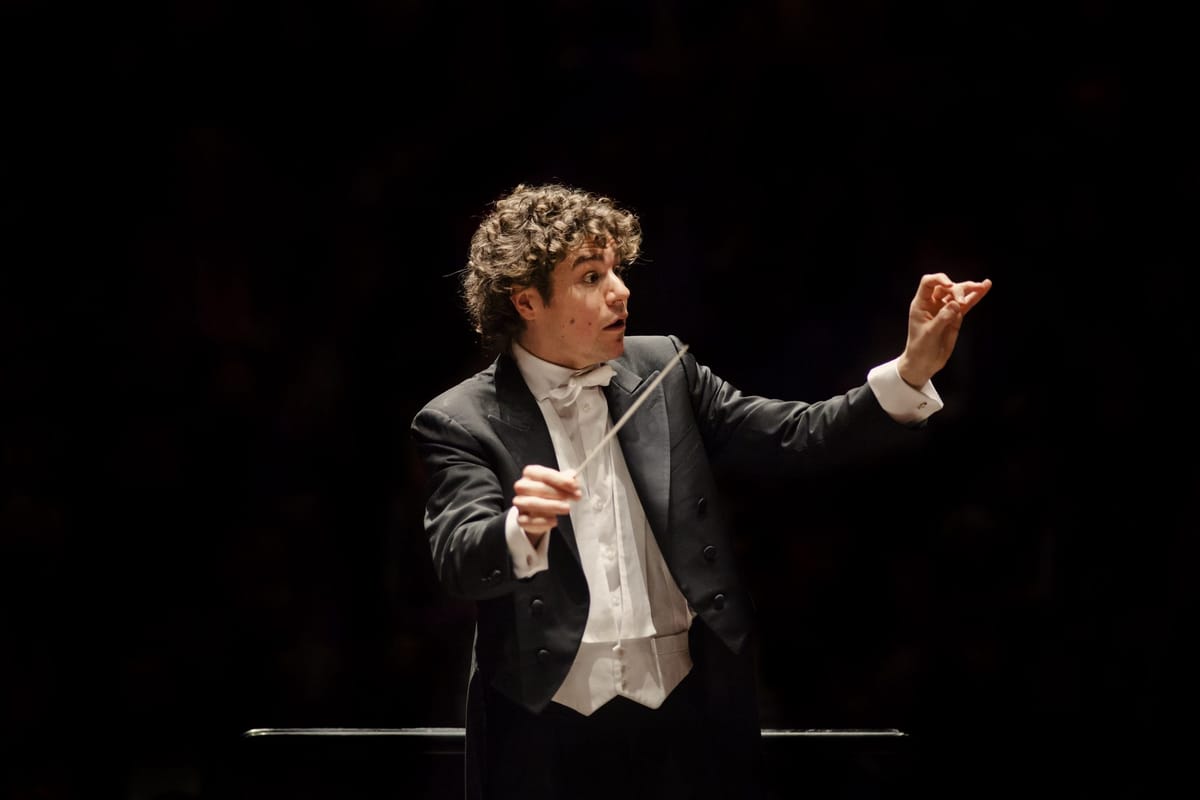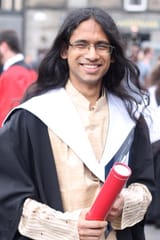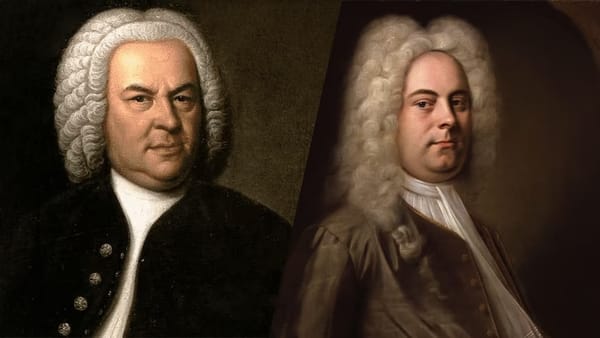Robin Ticciati’s farewell season with the Scottish Chamber Orchestra

Robin Ticciati/Scottish Chamber Orchestra
Dvořák Symphony No. 8
Mitsuko Uchida, Piano
12 October, 2017
Usher Hall, Edinburgh
If this is Robin Ticciati’s farewell season with the Scottish Chamber Orchestra, then their opening concert was a fine display of everything that Ticciati and the orchestra have achieved together during his tenure as the Principal Conductor. The programme included Berlioz’s overture to Les Franc-Juges, Dvořák’s Eighth Symphony and for its centrepiece Mozart’s K.595 Piano Concerto with Mitsuko Uchida. This is all familiar turf for the SCO, having made two recordings of Berlioz with Ticciati, along with other Romantic and Late Romantic works and also having featured Mozart prominently in the past seasons. And similarly, Uchida was no stranger to the Usher Hall, having performed Schumann and Mozart recently at the Edinburgh International Festival and also having collaborated with the SCO a number of times before. This programme was clearly what the SCO do best.
The greatest strength of Ticciati’s partnership with the SCO is that his keen attention to detail and careful sense of control are enhanced by the precision and the clarity of the sound that this smaller orchestra presents. And nowhere was this more evident than in their rendition of the Berlioz overture. The eccentricities of Berlioz’s orchestration are very easy to get lost in. Yet they demonstrated superb control, never once letting the cymbal clashes or beating drums to get overpowering or distracting, exploring with great panache the striking contrasts in the colours and moods of the piece. But, at the same time, the performance never felt excessively restrained, true to Berlioz’s maverick spirit. This just goes to show that even though the piece was a familiar part of their repertoire, it was still performed with great freshness and dynamism.
For the Mozart concerto, Mitsuko Uchida achieves that rare feat of making the piece, in all of its subtlety and technical complexity, appear deceptively simple. This is especially true for the K.595. The three-note motif that frequently punctuates the first movement, for example, was rendered by both orchestra and soloist with a sparkling wit. And similar little details of the music were expertly judged and Uchida herself with the lightness of her touch gave the piece a remarkable effervescence. The dialogue between her and the orchestra reflected what is clearly the product of many seasons of collaboration, as both the soloist and the accompaniment complemented each other with their care, sensitivity and attentiveness. This shone through most vividly in the trio section at the end of the slow movement. My flatmate and I were greatly amused by the fact that Mitsuko Uchida, at 78, was twice the age of Robin Ticciati, yet she brought to the piece a youthful, almost child-like sense of playfulness while also showing all her years of experience and control. The only disappointment of the evening was that she did not give an encore.
And then there was the Dvořák finale: just as in the Berlioz, the clarity of the orchestration allowed for the richness and subtlety of the strings or woodwinds to come across without becoming overpowered by the more dominant sections of the orchestra. And Ticciati’s interpretation allowed for the many elaborate musical ideas to unfold in all their richness. The principal first violin and the principal flute both brought great tenderness and radiance to their respective solos, having been in fine form throughout the evening’s performances. What made this particular performance of Dvořák stand out was the boldness of their interpretation, especially the finale which pulled out all the stops. It was at this point that I realised how much I will miss Ticciati’s captivating charm, charisma and flair (not to mention his magnificent hair) once this season is over.





